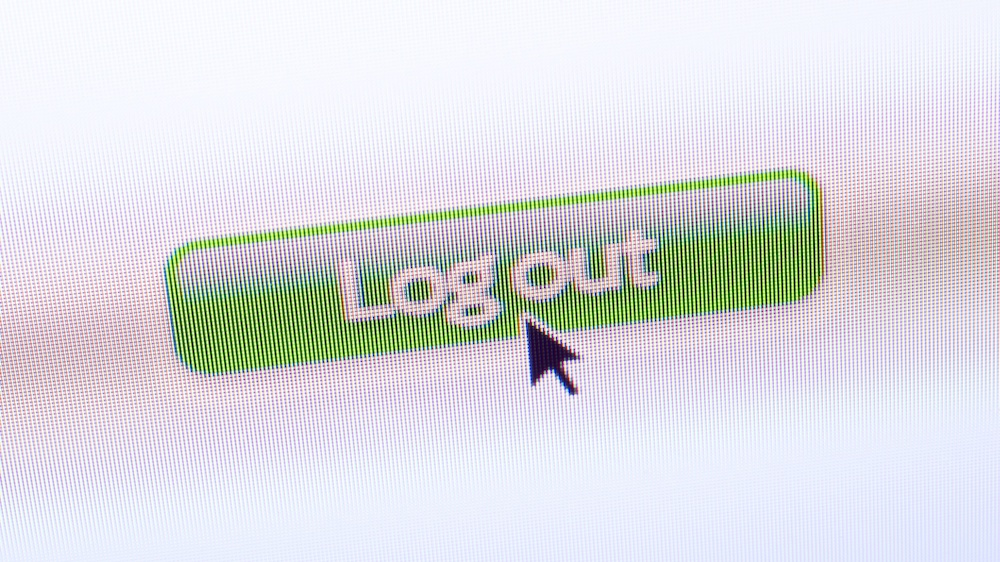If you’re interested in sharing your opinion on any cultural, political or personal topic, create an account here and check out our how-to post to learn more.
Opinions are the writer’s own and not those of Blavity's.
____
For nearly four hours on Monday, October 4, the world seemingly came to a halt. Reports started to stream in that Facebook’s family of apps was experiencing an unexpected outage. Facebook’s share price dropped by roughly 5%, and its CEO Mark Zuckerberg’s personal wealth tumbled by about $7 billion — a story for another day.
This comes on the heels of a decision from the company last week, that tech industry experts thought was impossible: Users got Facebook, the world’s largest social media platform, to halt plans for the rollout of Instagram for Kids, a product it knew, based on its own research, could cause irreparable harm to a vulnerable population.
The fact is, Facebook’s harmful impact on young people’s mental health is just the tip of the iceberg when it comes to the harms that its platforms inflict on its users. Frances Haugen, a Facebook whistleblower, perfectly described the way the company mistreats its users and the general public: “The thing I saw at Facebook over and over again was there were conflicts of interest between what was good for the public and what was good for Facebook. And Facebook, over and over again, chose to optimize for its own interests, like making more money.”
From Facebooks’ blatant disregard for user privacy to allowing rampant discrimination against communities of color, women and older users, Facebook’s insistence on prioritizing its bottom line over curbing disinformation has caused irrevocable damage to our democracy and public health.
This isn’t about just a few incidental mistakes. During the height of the pandemic, Black communities were targeted with COVID-19 disinformation that claimed Black people were immune to the virus. Once vaccines were available, the same disinformation began to spread claiming that the vaccines were ineffective or caused infertility. Despite countless organizations flagging this harmful content, Facebook didn't take action until it was too late.
That’s why we launched the Facebook Logout — with a host of our movement-wide partners. On November 10, millions of us are going to log out of Facebook and Instagram for a minimum of three days, to make a statement that users are ready to hold Facebook directly accountable. We refuse to let Facebook continue as “business as usual.”
Facebook’s decision to shelve Instagram for Kids demonstrates the power that the users can have collectively over the company’s decision-making. Users are responsible for ensuring that Facebook’s platforms have tremendous reach and generate enormous wealth, because people use the platform to organize, express themselves and connect with others.
Now that we have seen this global corporation held accountable to the people who have fueled its success — the millions who log on, stay on and engage — its refusal to be held accountable for its many other failures can’t be allowed to continue.
People have the power to change Facebook because we drive activity on Facebook, not the other way around. Our data and our engagement are ours, and without users, Facebook cannot do business. There is no Facebook without people.
Facebook must undertake a major overhaul of its broken content moderation system. For example, the platform must do away with exemptions that allow bad actors to spread harmful content without consequences, including ending its “newsworthiness exemption” and “elite” tiering of users. In addition, research has found that Black users on Facebook and Instagram are 50% more likely to have their accounts automatically disabled by the content moderation system. Facebook needs to prioritize users’ privacy, and it should also halt Instagram for Kids, immediately and permanently.
We would also like to see Mark Zuckerberg removed as CEO. He has shown time and time again that he does not respect the people he has made billions in profit from, and has been a barrier to change.
We believe that platforms like Facebook can provide a safe place for communities to come together, share and organize — but only if people raise their voices to demand change. Thousands have already taken the pledge. If you agree, then join us to stem Facebook’s harm. We have the tools, the power and the solutions — and we’ll fight to ensure that Facebook listens to us.
____
Mariana Ruiz Firmat is the Executive Director at Kairos.
